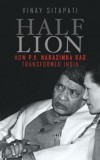 Courtesy: Penguin Books Limited
Courtesy: Penguin Books Limited
An earnestly, but objectively written, biography of the late prime minister gives credit where it has been denied: PVN was the principal architect of the economic reforms that put the country on a destiny-changing path of growth, while being up against a restless party, hostile Parliament, and an apathetic public.
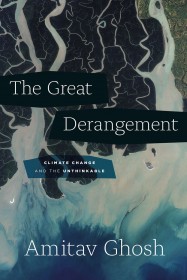 Courtesy: Allen Lane
Courtesy: Allen Lane
An obsession with the narrow and the personal has prevented us from integrating climate change into the literature of our time. In his latest work, Amitav Ghosh forces us to confront the realities of ecological decay by examining how climate change is dealt with in fiction and in politics.
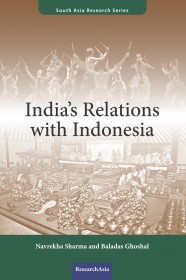 Courtesy: Research Asia
Courtesy: Research Asia
"India's Relations with Indonesia" recounts Indonesia's complex relationship with India, while also tracing the country's struggle with its colonial powers and the policies they adopted.
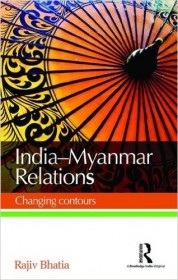 Courtesy: Routledge India
Courtesy: Routledge India
“Changing Countours” outlines the changing contours of a newly democratic Myanmar and prescribes the path for India to follow to foster closer links with its next-door neighbour.
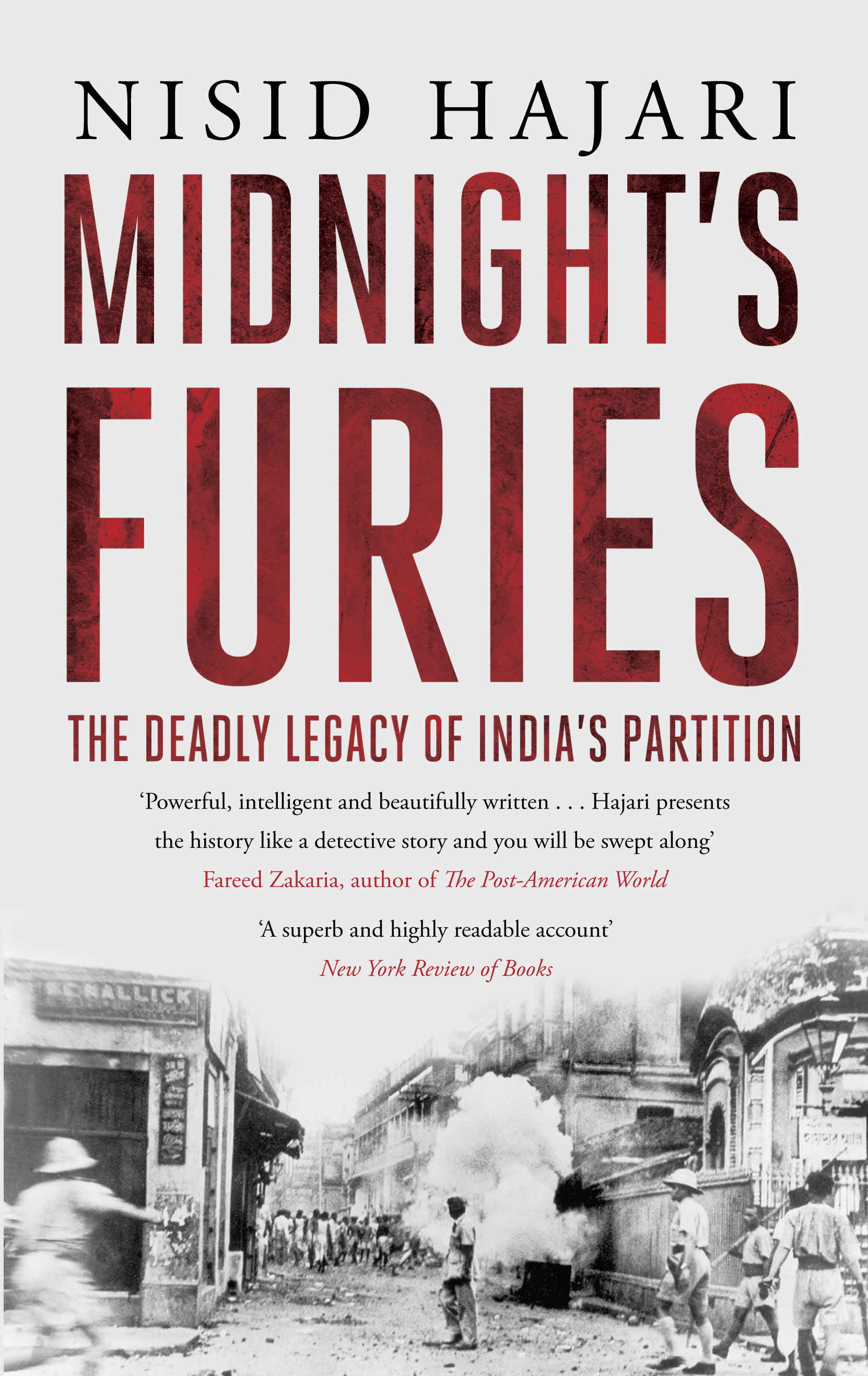 Courtesy: Houghton Mifflin
Courtesy: Houghton Mifflin
Nisid Hajari’s Midnight’s Furies provides an insight into the brutal chaos and bloody riots from which India and Pakistan emerged in 1947. It is crucial for present generations from the two countries to understand the past in order to better comprehend the present
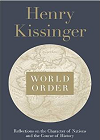 Courtesy: Allen Lane
Courtesy: Allen Lane
The scope of Kissinger’s book is immense, but it is marred by his prejudices and his arrogant view of non-European cultures. The author’s main premise is that the world is in a state of disorder, but his prescriptions remain unclear
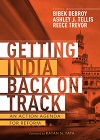 Courtesy: Carnegie Endowment for International Peace
Courtesy: Carnegie Endowment for International Peace
'Getting India back on track: An Action Agenda for Reform' prescribes the revival of India’s economic growth as the number one priority for the new government
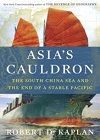 Courtesy: Random House
Courtesy: Random House
‘Asia’s Cauldron: The South China Sea and the End of a Stable Pacific’ is a pragmatic narrative by Robert D. Kaplan of the receding power of the U.S. and China’s growing dominance
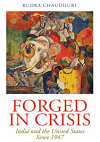 Courtesy: Hurst & Company
Courtesy: Hurst & Company
In ‘Forged in Crisis: India and the United States since 1947’, Rudra Chaudhuri argues that the Non-Alignment Movement is an intelligent construct that has helped India get what it needs
 Courtesy: The Nation
Courtesy: The Nation
The Nation, a Bangkok based English newspaper published an article by Meera Kumar, who is a regular contributor to Gateway House. In this article, Meera analyses the need for structural reforms in financial institutions like the Asian Development Bank (ADB)











